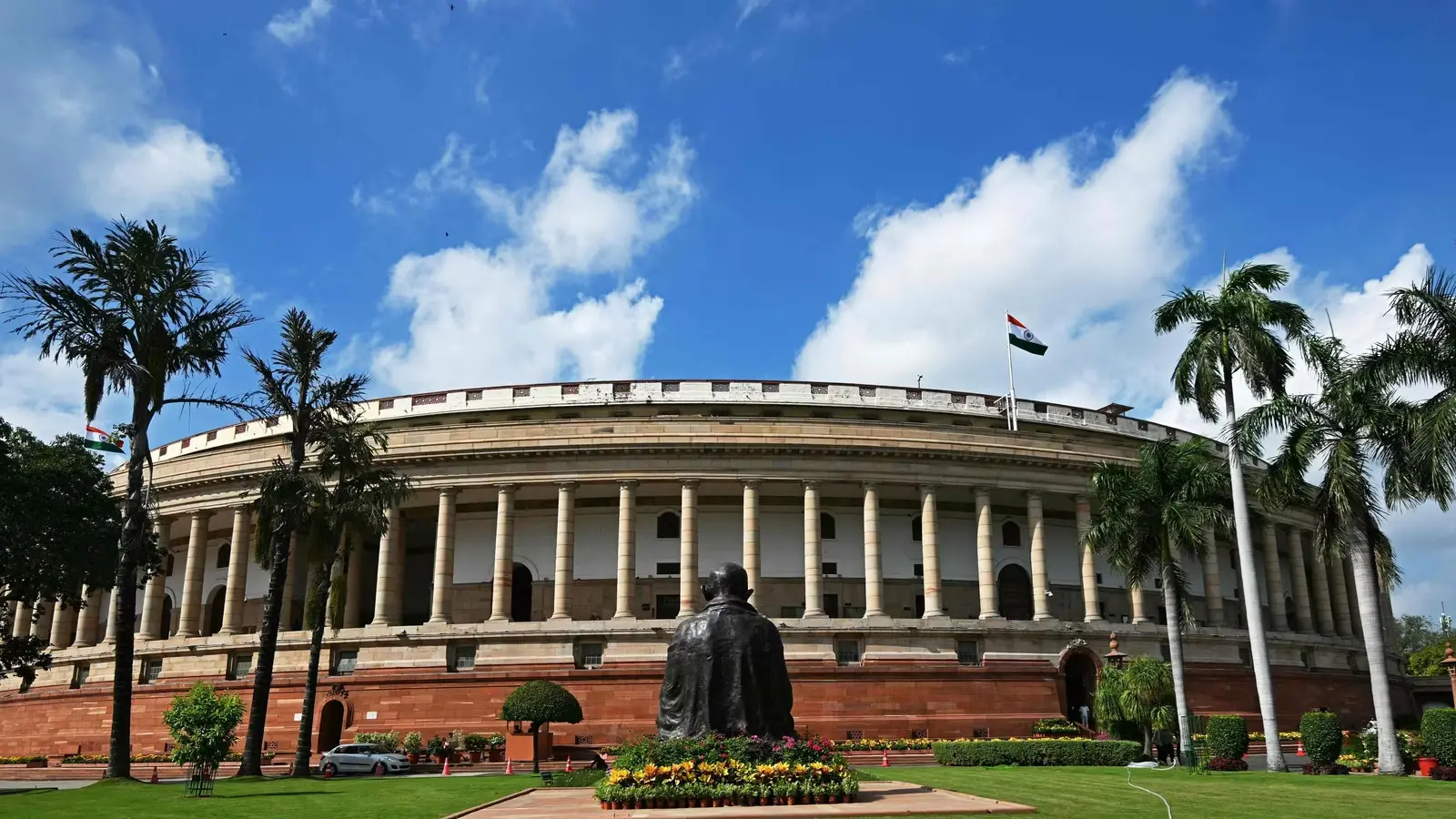The Law Commission of India recently asked for views and proposals from the public regarding the Uniform Civil Code which has been a highly debateable and politically charged issue in India. UCC is a proposal to replace the Personal Laws of various religious communities with a set of common laws for all the citizens of India. The Uniform Civil Code is mentioned in the part IV of Directive Principles of State Policy in Article 44 of the Indian Constitution. The only state in India that has a UCC is Goa, which retained its common family law now known as the Goa Civil Code, after liberation from the Portuguese rule in 1961. Where as the rest of India follows different personal laws based on their religion and community identity.
Benefits in Implementing UCC in India
- National Integration and Secularism: UCC would promote national integration and secularism by creating a common identity and sense of belonging among all citizens. It would also reduce the communal and religious conflicts that arise due to different personal laws. It would also uphold the constitutional values of equality, fraternity and dignity for all as ntion in the Constitution of India.
- Gender Justice and Equality: UCC would ensure gender justice and equality by removing the discrimination and oppression faced by women under various personal laws. It would grant equal rights and status to women in matters of marriage, divorce, inheritance, adoption, maintenance, etc. It would also empower women to challenge the patriarchal and regressive practices that violate their fundamental rights.
- Simplification and Rationalisation of the Legal System: UCC would simplify and rationalise the legal system by removing the complexities and contradictions of multiple personal laws. It would harmonise the civil and criminal laws by removing the anomalies and loopholes that arise due to different personal laws. It would make the law more accessible and understandable for the common people.
- Modernisation and Reform of Outdated and Regressive Practices: UCC would modernise and reform the outdated and regressive practices that are prevalent in some personal laws. It would eliminate the practices that are against the human rights and values enshrined in the Constitution of India, such as triple talaq, polygamy, child marriage, etc. It would also accommodate the changing social realities and aspirations of the people.
Challenges in Implementing UCC
- Diverse Personal Laws and Customary Practices: India is a country of diverse religions, cultures, traditions and to find a common ground and uniformity among just diversely populated country is very difficult. Moreover, many personal laws are not codified or documented but are based on oral or written sources that are ambiguous and contradictory. Each community has its own set of personal laws and customs that govern their civil matter and these laws and practices vary across the region and groups of people.
- Resistance from Religious and Minority Groups: Many religious and minority group’s view UCC as an infringement on their religious freedom and cultural autonomy. They fear that UCC would impose a majoritarian or homogenous law that would disregard their identity and diversity. However, majority arguments have compelled out that UCC is violative of the constitutional rights under Article 25 which guarantees the freedom of conscience and free profession, practice and propagation of religion.
- Lack of Political Will and Consensus: There is a lack of political will and consensus among the government, the legislature, the judiciary and the civil society to initiate and implement UCC. There are also fears that UCC could provoke communal tensions and conflicts in the society.
- Practical Difficulties and Complexities: UCC would require a massive exercise of drafting, codifying, harmonising and rationalising the various personal laws and practices in India. It would require a wide consultation and participation of various stakeholders, including religious leaders, legal experts, women’s organisations, etc. It would also require a robust mechanism of enforcement and awareness to ensure compliance and acceptance of UCC by the people.
Mahatma Gandhi: “I do not expect India of my dreams to develop one religion,
i.e. to be wholly Christian or wholly Musalman, but I want it to be wholly tolerant, with its
religious working side-by-side with one another”.













